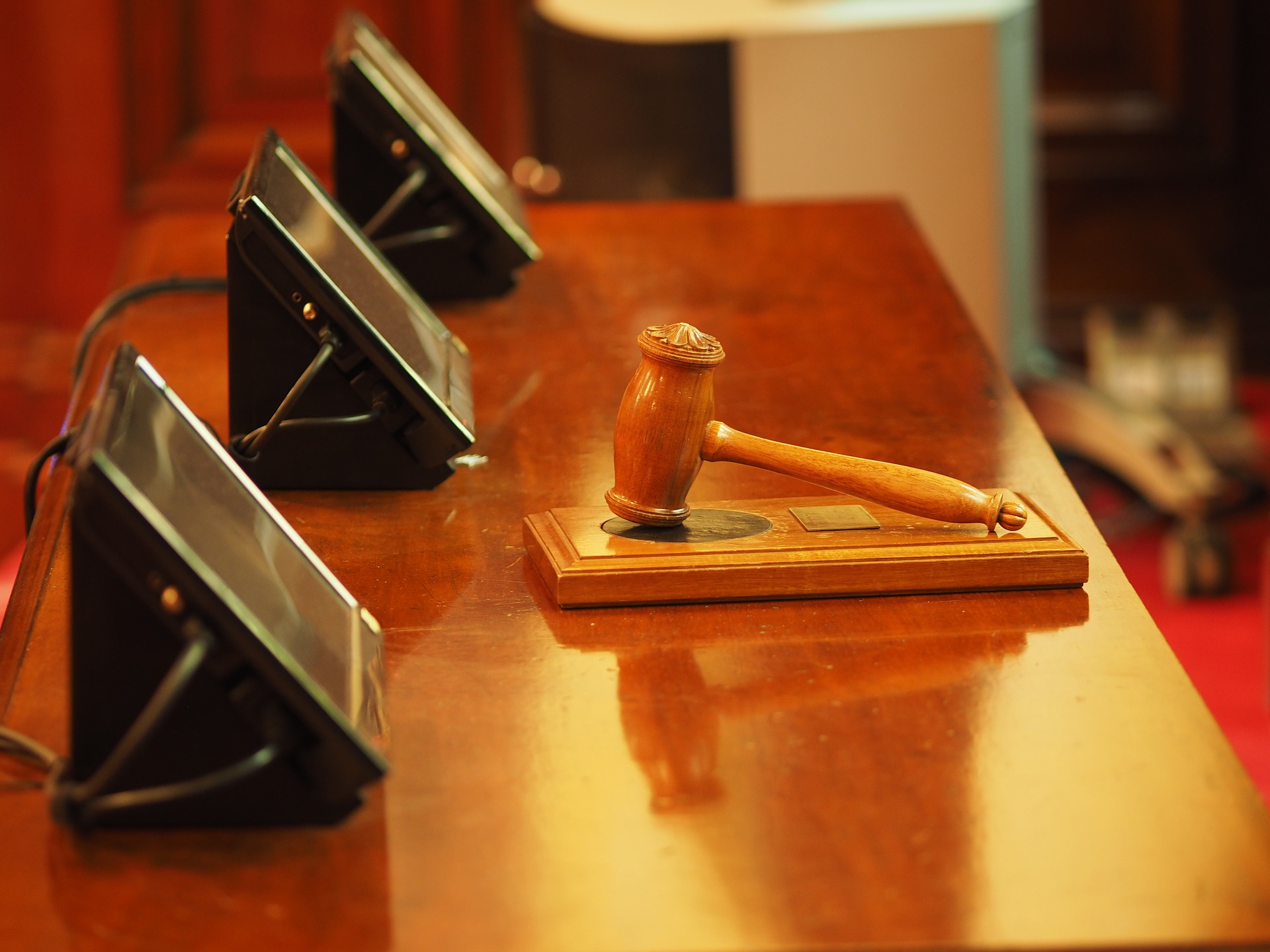
The painful nature of jail has been a topic of contention in recent years as some activists advocate for prison abolition and some conservatives argue that jail is a punishment that needs to be uncomfortable. It makes sense, then, that someone who has been placed in jail will want to leave very soon. This is part of why bail exists. Keep reading and learn about what bail is, how the bail amount is determined in New Jersey, and the kinds of bail used in the United States. If you’ve been accused of a crime, don’t face down the legal system alone. Call a Bergen County criminal defense attorney who will fight tooth and nail to get you the best outcome possible.
Someone is arrested when they are detained by police who have probable cause. From there, the person may be released or may be taken to jail to await trial. Bail, then, is money the arrested person pays to receive permission to leave jail in the time before their trial. Bail is effectively collateral so that they may be released from custody.
Bail is set when crimes are severe enough that the judge does not believe it is just to release someone on their own recognizance. However, if a crime is too severe, the judge very well may decide that the accused will not be allowed to post bail.
Situations where judges have typically imposed bail include traffic violations, juvenile defense, and domestic violence.
Judges in New Jersey are allowed a certain amount of discretion when choosing a bail amount. While the New Jersey Bail Schedule sets state-wide guidelines for bail, judges are not obligated to follow the guidelines. In a similar vein, the New Jersey criminal code contains factors that judges are supposed to weigh when deciding on bail.
These factors include the severity of the crime, whether you’ve been accused of crimes before, and how likely the court thinks it is that you may be a flight risk. Severe crimes or high flight risks, for instance, are reasons bail may be set very high or not offered at all. A denial of bail is often more likely in cases of grave crimes like murder and sexual assault. On the other hand, in cases of less serious offenses, judges may release the accused on their own recognizance.
There are several kinds of bail you may encounter. With full cash bail, you will have to pay the complete bail amount, whereas with a 10 percent bail option, you would be allowed to pay instead 10 percent of the bail amount. Property bail is when you offer your property, like your house, as collateral. Finally, sellers called bail bondsmen post checks known as bail bonds. Though potentially faster to acquire, bail bonds can end up more expensive than paying for a lawyer.
© 2025 The Law Office of Kevin T. Conway. All rights reserved.